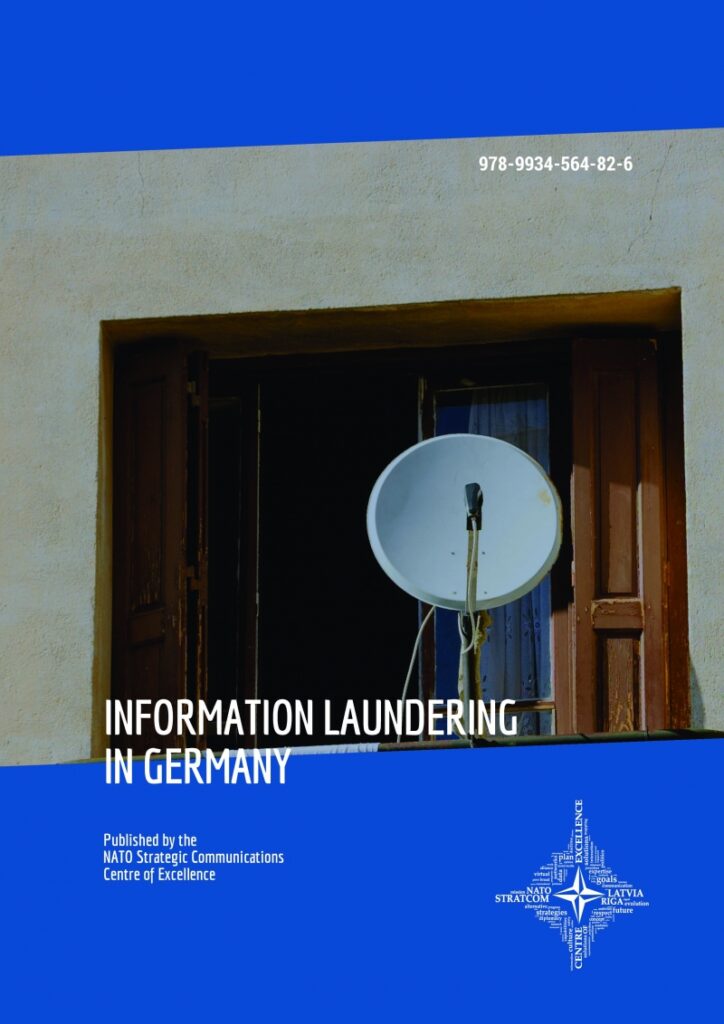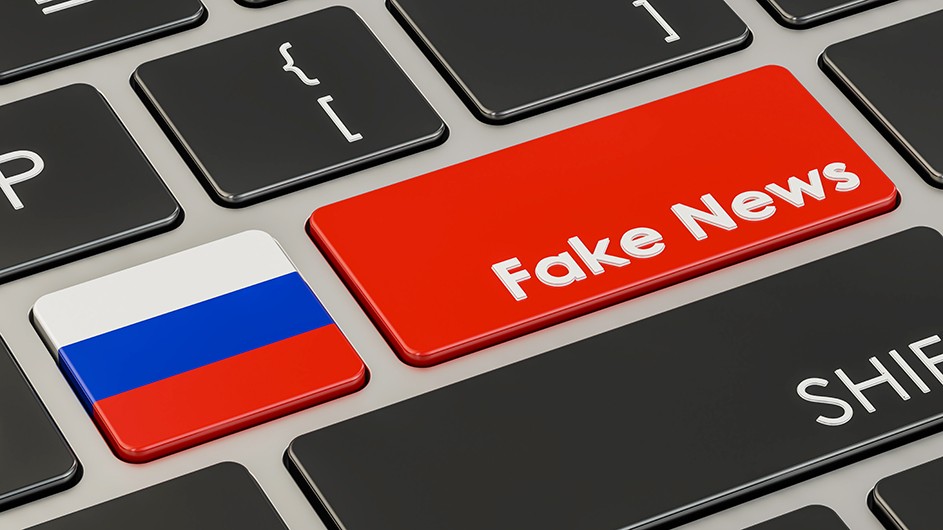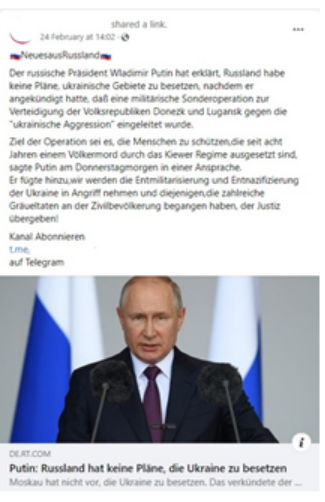The NATO Strategic Communications Centre of Excellence (StratCom COE), a NATO center that seeks to counter disinformation and influence operations, has published a study on the Russian media environment, examining the structures, mechanisms, and technologies of Russia’s information operations. According to the NATO study:
October 14, 2021 The present study contains a brief analysis of the political, financial, and legislative influence brought to bear on the Russian media environment, making it possible for the Kremlin to influence opinion domestically and to conduct special media operations against Western countries and their allies. This report is devoted to deep aspects of Russian information influence activities that have rarely been the subject of detailed studies. It is an analysis of the structure created by the Russian state to control the flow of information in the paradigm of a ‘hybrid war’ against democratic countries.
The paper is presented in three parts: In the section MECHANISMS of STATE CONTROL over the MEDIA in RUSSIA, we show how control over the Russian media space has been consolidated into the hands of a few powerful individuals through transfer of ownership and mandated changes, and provide data on mergers and acquisitions involving Russia’s largest media assets and their subordination to the state. We examine the mechanisms of political influence on information producers by means of nonprofit structures and a system of personnel appointments. We provide data on state financing of Russia’s information policy at the federal and regional levels. We discuss examples of the involvement of Russian special services in state information policy, drawing on the experience of the author and on academic research. And finally, we describe how recent changes in legislation and policy can be used to limit freedom of speech, to undermine citizens’ rights to publicly express their own opinions, and to oust foreign owners from the national information sphere. In the section TRENDS in RUSSIAN INFORMATION STRATEGY, we investigate tendencies for strengthening the state monopoly in the media space. Here we discuss the Russian conception of the current tools and techniques of hybrid war— the ‘mirror principle’, the ‘cloud adversary’, the ‘compatriot strategy’, and other weak state strategies and tactics designed to gain advantage without triggering kinetic military conflict—and provide examples of special information operations against European states. In the section INFORMATION INFLUENCE ATTACKS AGAINST NATO, WESTERN COUNTRIES, and their ALLIES, we describe the information influence products Russian information operatives create for foreign and domestic consumptions and we analyse the content of the RT news agency and a number of other Kremlin-backed media structure.
Read the full study here.









COMMENTS
Comments are closed here.